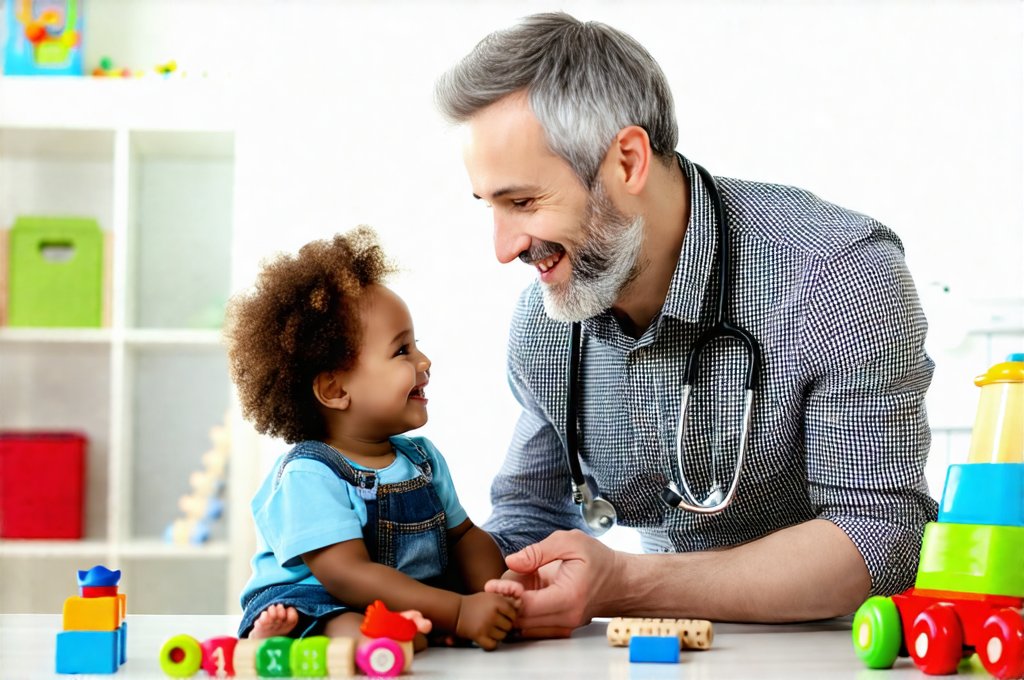Frequent urination in children can be a source of stress for both the child and their caregivers, particularly during car rides where access to facilities is limited. It’s a surprisingly common issue with a wide range of potential contributing factors, making it crucial to approach the situation with understanding and patience. Often, parents find themselves caught between concern about accidents, frustration at interrupted journeys, and anxiety over what might be causing the problem. This article aims to unpack this topic, offering insights into possible reasons why children urinate often during car rides and outlining considerations for managing the issue constructively.
It’s important to remember that every child is different, and what’s normal varies significantly based on age, developmental stage, fluid intake, and individual physiology. While occasional accidents are a part of growing up, persistent or sudden changes in urination patterns warrant attention, but not necessarily panic. We will explore the factors at play, focusing on practical steps parents can take to address this issue, always emphasizing observation and, when appropriate, professional consultation. This is about understanding your child’s needs and finding solutions that promote comfort and confidence for everyone involved.
Understanding Frequent Urination in Children During Car Rides
Frequent urination during car rides isn’t necessarily indicative of a medical problem; it often stems from a combination of psychological and physiological factors. The confined space, the motion of the vehicle, and even the anticipation of travel can all contribute to a heightened awareness of bodily functions. For younger children who are still developing bladder control, this can be particularly pronounced. The feeling of being ‘trapped’ in a car seat for an extended period may also trigger anxiety, which further exacerbates the urge to urinate. It’s vital to differentiate between a genuine medical issue and behavioral responses to the travel situation.
One key consideration is age and developmental stage. A toddler learning toilet training will naturally have more accidents than a school-aged child with established bladder control. However, even in older children, anxiety or excitement related to the journey – perhaps anticipating a fun destination or feeling nervous about the trip itself – can lead to increased urinary frequency. The car ride represents a disruption of routine, and children often respond to changes in their environment by becoming more aware of bodily sensations. Furthermore, fluids consumed before or during the ride play a significant role; sugary drinks or large volumes of liquid will obviously increase urine production.
The position while seated can also contribute. Car seats, while essential for safety, can sometimes put pressure on the bladder and abdominal area, prompting the urge to urinate. This effect is more noticeable in some children than others, depending on their anatomy and the specific car seat design. It’s not about blaming the car seat – it’s simply recognizing that this physical factor could be playing a role. Parents should also consider if there have been any recent changes in the child’s life or routine, as stress can manifest physically in various ways, including increased urinary frequency.
Potential Underlying Causes & When to Seek Professional Help
While many cases of frequent urination during car rides are benign, it’s crucial to be aware of potential underlying medical conditions that might contribute to the problem. These aren’t necessarily common, but ruling them out provides peace of mind and ensures appropriate care. Constipation is a surprisingly frequent culprit; a full bowel can put pressure on the bladder, leading to increased urgency and frequency. Similarly, urinary tract infections (UTIs) are easily overlooked, especially in children who may not be able to articulate their discomfort clearly. UTIs often present with symptoms beyond just frequent urination, such as pain or burning during urination, fever, or changes in urine odor. If you suspect a UTI, it’s important to understand what to eat and drink to support recovery.
More rarely, underlying conditions like diabetes insipidus (affecting kidney function and fluid balance) or overactive bladder syndrome could contribute to the issue. These require medical diagnosis and management. It’s important to remember that self-diagnosing is never advisable. If you observe any of the following warning signs alongside frequent urination during car rides, consult a pediatrician: – Painful urination – Fever – Blood in urine – Excessive thirst – Significant changes in bowel habits – Bedwetting (in children previously toilet trained) – Complaints of abdominal pain.
Addressing these potential underlying causes requires professional evaluation. A doctor can perform necessary tests to determine if there’s a medical reason for the frequent urination and recommend appropriate treatment. Don’t hesitate to seek guidance – early intervention is often key to managing any underlying health concerns effectively. Remember, your pediatrician is your best resource for personalized advice tailored to your child’s specific needs. It may be helpful to prepare what questions to ask during the appointment.
Practical Strategies for Managing Frequent Urination During Car Rides
Managing frequent urination during car rides requires a proactive and patient approach. Planning ahead is crucial. Encourage your child to empty their bladder completely before starting the journey. Limit fluid intake in the hour or two leading up to the ride, but don’t restrict it entirely – dehydration can lead to other health problems. Avoid sugary drinks and caffeine, as these are diuretics that increase urine production. Pack extra clothes and wipes for accidents; being prepared minimizes stress for both you and your child.
During the ride, schedule regular stops, even if they seem unnecessary. This provides opportunities for bathroom breaks and reduces anxiety about needing to go unexpectedly. Make these stops part of the journey’s routine – a planned break can be more reassuring than an emergency stop. Distraction can also be incredibly helpful. Engage your child in games, stories, or music to divert their attention from any urges they may be experiencing. Positive reinforcement is essential; praise them for successfully holding it until the next scheduled stop, rather than scolding them for accidents.
Finally, consider adjusting the car seat if possible. Ensure it’s not putting undue pressure on the bladder area and explore different seating arrangements if feasible. If frequent urination persists despite these measures, keep a log of when it occurs – noting fluid intake, activities, and emotional state – to share with your pediatrician. This detailed information can help identify patterns and potential contributing factors.
Building Confidence & Reducing Anxiety
The psychological aspect of frequent urination during car rides is often underestimated. Many children experience anxiety about accidents or being unable to find a bathroom when needed, which can actually increase the frequency of urination. Addressing this anxiety requires creating a supportive and reassuring environment. Avoid shaming or punishing your child for accidents; instead, focus on problem-solving together.
Acknowledge their feelings and validate their concerns. Let them know that it’s okay to be anxious about needing to go, and reassure them that you will help them manage the situation. Practice “potty talk” beforehand – discuss what to do if they feel the urge to urinate during the ride, emphasizing that stopping is always an option. Role-playing can also be helpful, allowing your child to practice communicating their needs in a safe and comfortable setting.
Building confidence takes time and patience. Celebrate small victories, such as successfully holding it for a longer period or requesting a bathroom break proactively. Remember that positive reinforcement is far more effective than criticism. Focus on the progress they are making, rather than dwelling on accidents. Create a sense of control by involving them in the planning process – letting them choose games to play during the ride or helping to pack extra clothes.
Creating a Positive Car Ride Experience
A stressful car ride can exacerbate anxiety and increase the likelihood of accidents. Therefore, creating a positive and enjoyable atmosphere is essential. Play upbeat music, engage in interactive games, or tell stories that capture your child’s imagination. Make the journey itself part of the fun, rather than just a means to an end.
Pack snacks and activities that your child enjoys. This provides distraction and keeps them occupied, reducing their focus on bodily sensations. Ensure they are comfortable – adjust the temperature, provide pillows or blankets if needed, and create a relaxing environment. Avoid rushing – allow ample time for the journey so you don’t feel pressured or stressed. A relaxed parent is more likely to have a relaxed child.
Finally, remember that communication is key. Regularly check in with your child during the ride, asking how they are feeling and offering reassurance. Let them know you are there to support them and help them manage any challenges they encounter. By creating a positive and supportive car ride experience, you can significantly reduce anxiety and minimize the likelihood of frequent urination accidents. If issues persist it may be time to consider a flare-up protocol with your doctor.





















